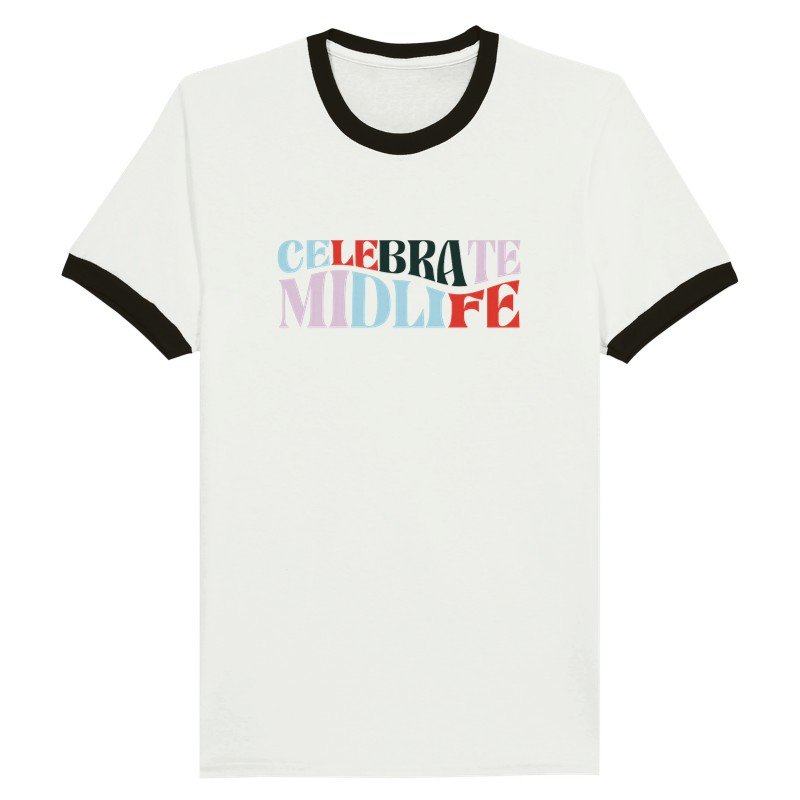What is a Midlife Crisis?
The term “midlife crisis” often conjures images of dramatic lifestyle upheavals as people grapple with aging and self-identity. But what exactly does it entail, and where did this concept originate?
A “crisis” is typically defined as a time of intense difficulty, trouble, or danger. The phrase “midlife crisis” was first coined by psychologist Elliott Jaques in the 1960s. He described it as a period when adults reckon with their mortality and often reassess their life’s accomplishments, values, and future direction. This period typically occurs between the ages of 40 and 60.
This post may contain affiliate links. I will be compensated if you make a purchase after clicking on the links but at no additional cost to you. Thank you for continuing to support LaChaCha!
Exploring the Historical and Psychological Context
Jaques’ observations were initially part of a broader discussion on human development. Over time, these insights gained substantial traction, influencing both academic research and popular culture. By the 1970s and 1980s, the midlife crisis was a well-embedded part of societal dialogue concerning aging and psychological health.
The history of the midlife crisis concept is also tied to the evolution of psychological studies and societal changes. During the latter half of the 20th century, as life expectancy increased and societal norms around aging shifted, the midlife crisis began to be seen as a more significant phase in adult development. Researchers and clinicians observed that during midlife, many individuals experience a significant reassessment of their life’s purpose and direction, sometimes resulting in dramatic changes such as career shifts, divorce, or other major life decisions.
“A midlife crisis, or more aptly, a midlife transition, can be a period of significant growth and personal development. Let’s change the narrative to be a midlife transition or celebration!!”
Moreover, cultural representations in films, literature, and media have portrayed the midlife crisis in various lights—sometimes as a period of existential despair, at other times as a chance for renewal and positive change. These portrayals have helped shape public perceptions about what midlife entails and its challenges and opportunities.
Today, while not everyone experiences a midlife crisis (research suggests that only about 10 to 20 percent of adults experience a midlife crisis), the concept remains a powerful framework for understanding the changes many face during middle age. Whether seen as a challenging ordeal or a transformative experience, understanding the midlife crisis can offer valuable insights into navigating the complexities of midlife transitions effectively.
This nuanced understanding helps people recognize that a midlife crisis, or more aptly, a midlife transition, can be a period of significant growth and personal development. It prompts a deeper exploration of one’s desires and can lead to more fulfilling life choices. Recognizing the signs and navigating this period thoughtfully can turn what is often perceived as a crisis into a profound opportunity for personal evolution.
As part of my mission, I am working to shift the paradigm from viewing midlife as a crisis to seeing it as a vibrant transition or celebration. This reframing is not merely about changing terminology; it’s about transforming the narrative around aging to emphasize growth, opportunity, and joy. Midlife should be celebrated as a period rich with potential for new beginnings, rediscovery, and profound personal development. By promoting this perspective, I aim to empower individuals to approach their middle years with optimism and excitement, welcoming this chapter as one of life’s great adventures.
I ❤️ Your Comments
Let’s build a community together!! Join our community of like-minded individuals who are embracing life’s second act with enthusiasm and passion and share your inspiration and tips on celebrating midlife below. Want to connect on a more personal level!? You can find me on Instagram, Facebook, TikTok, & Pinterest!
xo, ChaCha




